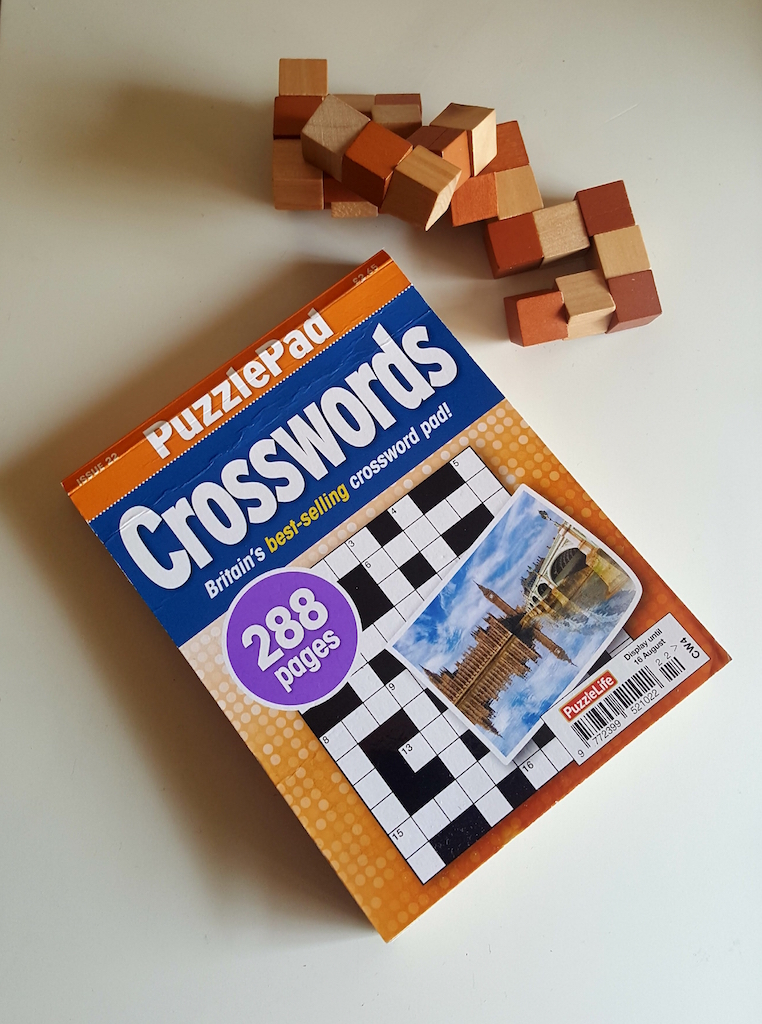Day 15/30 Challenge.
I enjoy working out puzzles and brain teasers. I like a degree of difficulty that stretches me so that I feel a sense of accomplishment when I’ve solved it. If it is too easy it doesn’t feel like I’ve learned something and accomplished something new.
Sometimes the solution is staring me in the face and yet I can’t see it. So I have to take a breather, put it down or reassemble the letters or blocks in a different way to reveal the answer.
Sometimes I work out the puzzle on my own. Other times I acknowledge that my skills are not enough and I enlist my partner’s skills and experiences, especially if I’m pressed for time.
Sometimes I can get frustrated and I have to manage my emotions to be more creative.
The way that I problem solve at play has relevance for how I problem solve at work.
Post Script:
I’ve enjoyed having conversations with my readers about their interpretations of my daily photos. They have shared what the photos revealed to them about their own thinking, attitudes and behaviours. I was particularly moved by one observer. She is highly accomplished in business and has won many accolades. However, she still holds negative self-assessments. Her comment on this photo of the puzzles was “If I had a list of 15,000 things to do, working on a crossword would be 14,999”.
I was really curious about her response and delved more deeply. Turns out that she is dyslexic and had lived with the belief that “crosswords are only for smart people”. I really admire how, despite this negative self-assessment, she has achieved so much. Indeed, her neuro-diversity probably contributed to her success as she had to use less conventional ways of doing things to get the results she wanted. I also wondered how differently she would approach her challenges if she didn’t labour under the assumption that she is not “smart”.
Having written this post I’ve been primed to notice puzzles all around me. In my leisure I was reading Girl from the South by Joanna Trollope. In this novel the protagonist has a very different response:
“She knew why doing puzzles made her feel better. Puzzles had solutions. They weren’t like life, full of compromise and unanswered questions. You knew where you were, without any doubt or anxiety, when you’d got to the end of a puzzle.” (p.71)
These very different responses have highlighted for me how different we are as observers. If you’d like to learn more about this see Who are you as an Observer?
If you are curious and would like to explore how we could partner together in a coaching relationship, leadership development or facilitating a peer advisory or learning group get in touch with me +44 (0) 7952 068133, send a note to sylvana@sylvanacaloni.com or leave a reply below.

